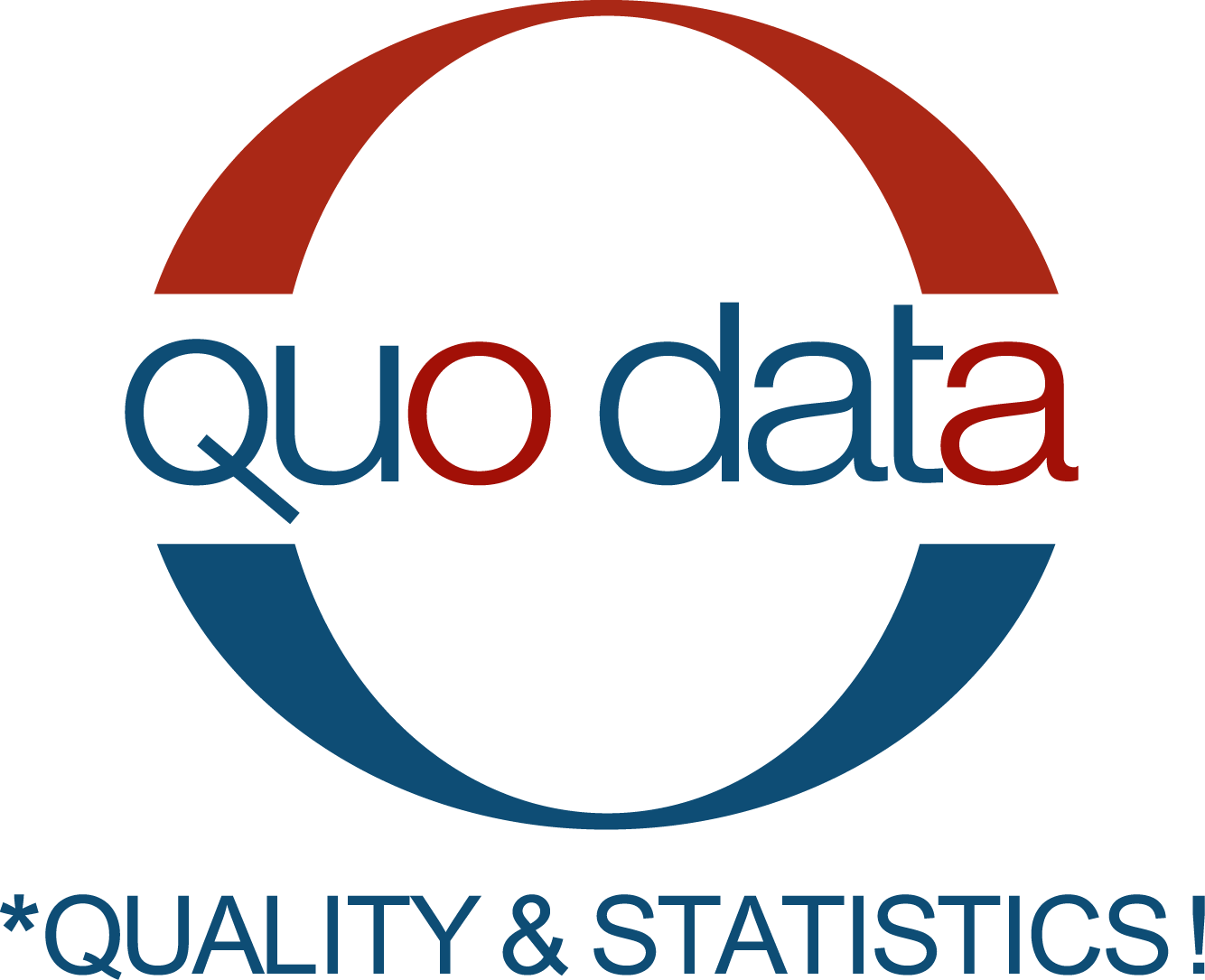Predictive Analytics for Litigation & Arbitration
For Law Firm Partners and Litigators, Arbitrators and Mediators
In complex disputes, reliable data-driven foresight is key. Our predictive analytics solutions support legal teams, experts, and decision-makers in anticipating outcomes and optimizing strategies in litigation and arbitration proceedings.
We combine quantitative modeling, expert knowledge, and validated AI methods to generate transparent, reproducible, and defensible insights — far beyond intuitive assessment or precedent-based reasoning.
QuoData's toolbox at a glance:
- Structured case modeling of factual and procedural parameters
- Bayesian and machine learning methods for probabilistic inference
- Expert calibration and validation ensuring interpretability and legal robustness
- Scenario analysis and sensitivity testing for strategic decision support

Why work with QuoData in Litigation and Arbitration - your benefits:
- Significantly better risk assessment and thus higher returns when it comes to (not) being accepted for a case (see simulation study for more information)
- Increased efficiency during court or arbitration proceedings through the use of validated AI
- Expert opinions that are more difficult to challenge thanks to advanced statistics

Success Probability Estimation Using Expert Litigation
We offer a unique approach to success probability estimation, combining expert-driven case assessment with a validated, AI-assisted interview methodology.
This method systematically captures and quantifies expert judgment while minimizing bias and ensuring internal consistency across assessments.
Key features of QuoData tools and services for law firms and arbitrators
- Validated interview design grounded in behavioral and decision science
- AI-based consistency analysis to calibrate and align expert opinions
- Hierarchical Bayesian models translating qualitative expertise into quantitative probabilities
- Transparent documentation suitable for submission in litigation, arbitration, or expert reports

Our approach delivers probability estimates that are empirically grounded, explainable, and defensible — providing a robust quantitative foundation for legal strategy, negotiation, and risk communication.
All our methods are designed for transparency, reproducibility, and integration into existing expert and legal processes — ensuring that predictive analytics becomes a trusted extension of professional judgment, not a black box.
Simulation study: Make use of validated probabilities to improve decision making in the funding stage significantly
Relationship between expected return and the accuracy of the success probability estimate in the context of a litigation decision process
This example illustrates that the uncertainty of expected returns due to the estimation of success probabilities can be substantial. Expected return is the anticipated financial gain or loss that arises from a potential dispute. It is evident that defining a meaningful threshold for deciding whether to pursue litigation becomes highly problematic when the expected return is subject to substantial uncertainty—especially if this uncertainty cannot be accurately quantified.
To assess uncertainty, a validated approach is required. Although the term validation is often used loosely, it fundamentally refers to this very process — the verification and quantification of uncertainty, in this case of the estimated success probability. Validation ensures that the applied mathematical or statistical procedure captures the behavior of the system and provides confidence in the results obtained.
Uncertainty has a direct impact on the expected profit. Here, we present the results of a simulation study in which the expected profit for a given scenario is determined twice: once for a conventional case with typical uncertainty, and once for a method that employs an advanced approach enabling a validated determination of the probability.
In this simulation study, we examine the impact that unavoidable uncertainty in probability estimation can have. If the true success probability is above 50%, a positive profit can be expected, with the profit increasing as the probability rises. The profit is somewhat lower when a validated probability estimate is used. In contrast, the expected return drops markedly when a conventional probability estimation method is applied.
The application of validated probabilities can considerably improve decision-making in the funding stage by mitigating the risk of poor choices.
Expected return and the impact of estimation error


Let us support your next case with a scientifically proven advantage.
Contact us to discuss a pilot project or request an individual consultation.
